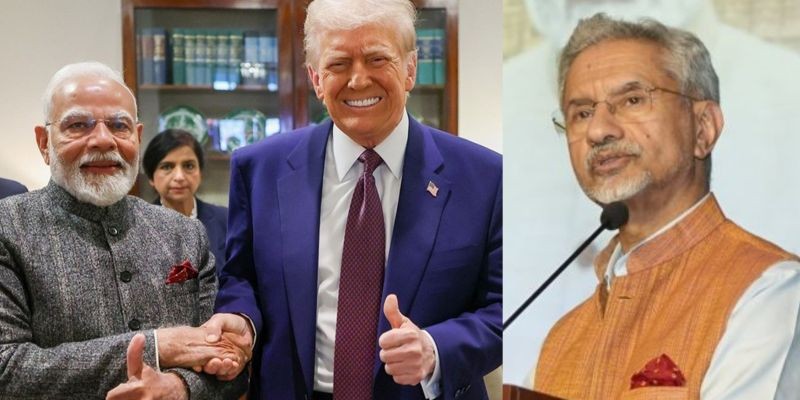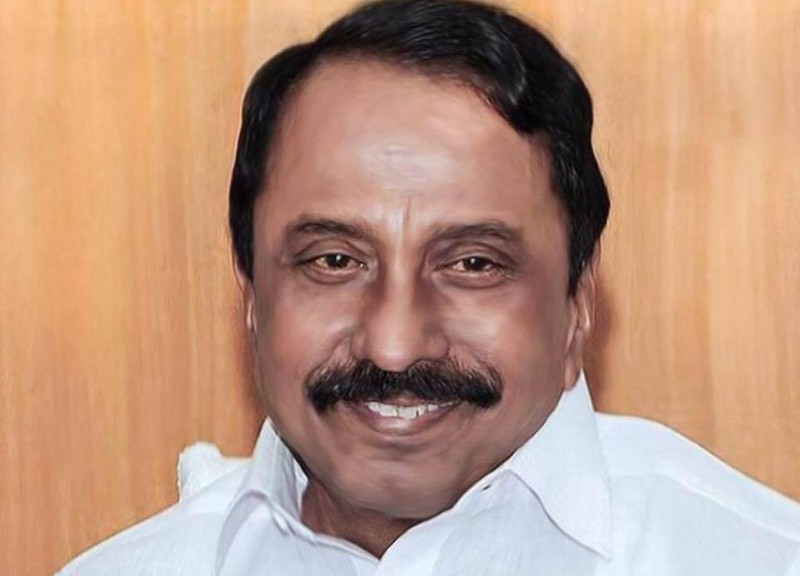Decoding Nitish Kumar's political manoeuvres: What lies ahead in Bihar's political landscape?
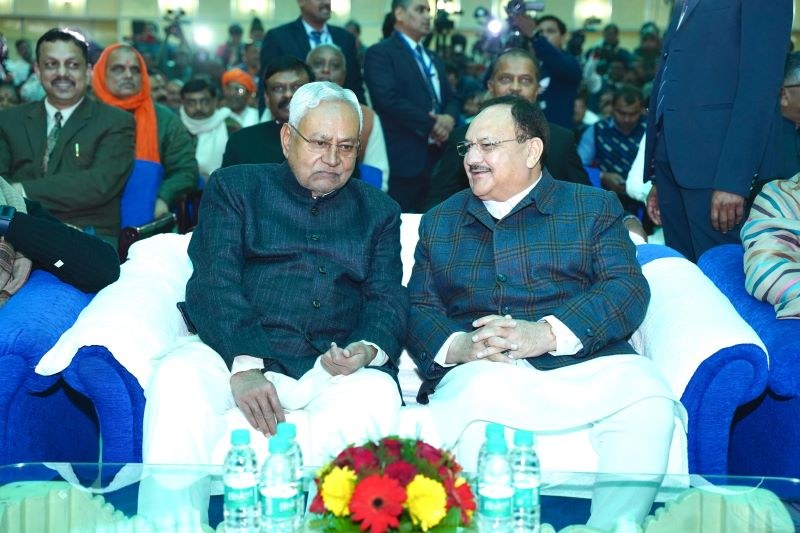
Patna: In the wake of Nitish Kumar's recent change of stance, many are questioning his political future, with experts indicating that this move might have a detrimental effect on his voter support.
On Sunday he took oath for the record ninth time after deserting the Opposition bloc INDIA just months ahead of the crucial Lok Sabha elections. This is the fifth time the Janata Dal (United) chief jumped sides in the course of a decade, earning him the pejorative “Paltu Kumar.”
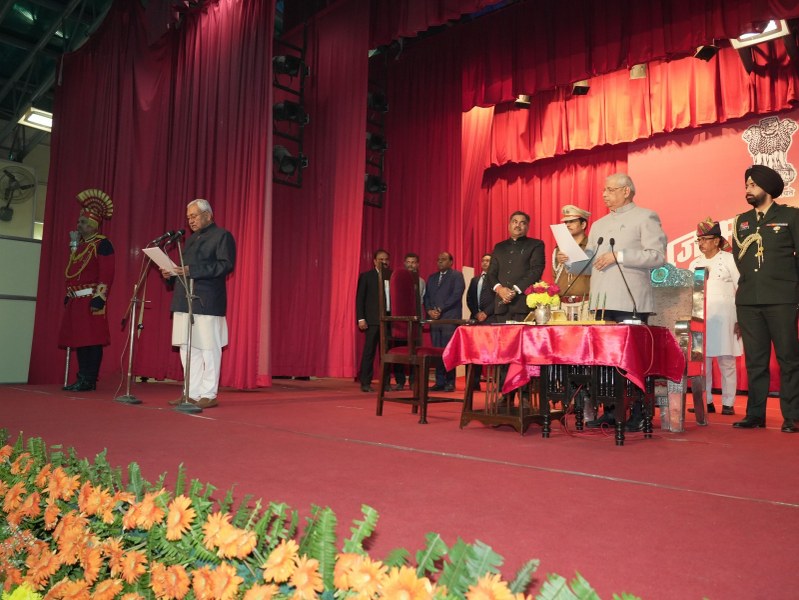
While Nitish’s move effectively tipped the balance in favour of NDA, political strategist Prashant Kishor asserted that Nitish Kumar's alliance with the BJP will be short-lived and is unlikely to extend much beyond the 2024 Lok Sabha elections.
Kishor, who was once a political advisor to Kumar but has now become a critic, said the JD(U) chief has repeatedly deceived people by switching sides.
He described Nitish as a cunning man who is unlikely to stick to the alliance with the BJP until the next Bihar assembly election scheduled for 2025.

Regardless of Nitish Kumar's choice of alliance in the subsequent state election—be it with the BJP or RJD, should he again change sides after the Lok Sabha election—Kumar's party is predicted to secure no more than 20 seats, according to Kishor.
It is needless to say that Nitish severed ties with the INDIA bloc after he realised that his aspiration to lead the coalition and edge out other parties in the race to be projected as the Opposition alliance’s PM candidate had fallen flat. His hopes were dashed after Congress President Mallikarjun Kharge was picked up to helm the alliance following AAP leader Arvind Kejriwal and Trinamool Congress supremo Mamata Banerjee’s recommendation.
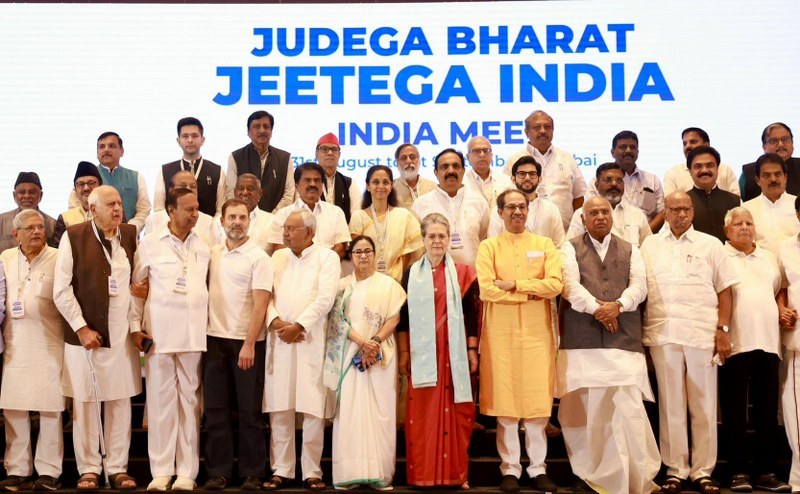 Photo courtesy: UNI
Photo courtesy: UNI
Though Nitish has repeatedly said he had no desire to become the prime minister, his party Janata Dal (United) demanded to project him as the next PM candidate over the years. The party leaders have asserted that Nitish has all the qualities of a prime minister and is fit to be the main challenger to Prime Minister Narendra Modi in the next Lok Sabha polls.
Prashant Kishor said that the Nitish-BJP alliance will not last more than six months after the general elections. He maintained that the people of Bihar would punish Nitish for his political opportunism in an appropriate manner.
He referred to his previous prediction in which he had said that Nitish Kumar would not continue with the Mahagathbandhan, and if he did, he would fail to secure even five seats in the Lok Sabha election.
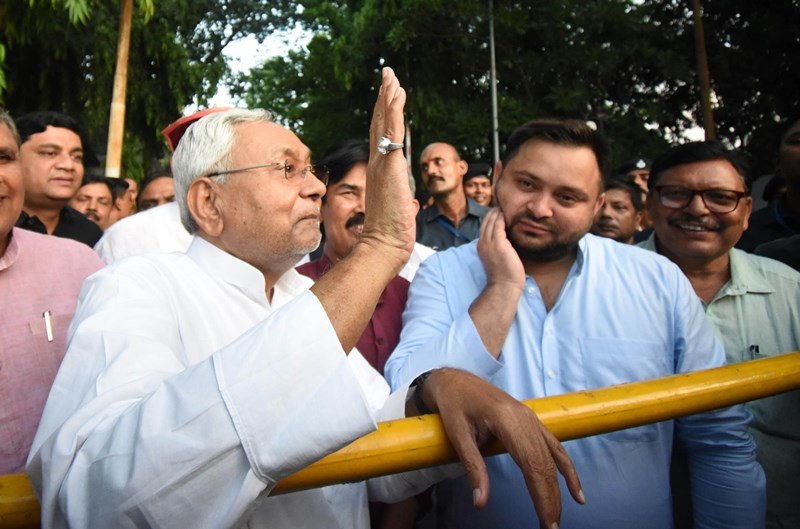 Photo courtesy: UNI
Photo courtesy: UNI
Nitish Kumar joined the Mahagathbandhan in August 2022, when he had snapped ties with the BJP accusing it of trying to "split" his JD(U). He formed a new government with a multi-party coalition that included RJD, Congress and three Left parties.
Nitish Kumar's first political shift was in 2013. After forming the government in 2005 in alliance with the BJP, he severed ties with the party in 2013, citing his dissatisfaction over Narendra Modi’s selection as the Prime Ministerial candidate. Following this, he contested independently in the 2014 Lok Sabha polls and secured only two seats, a massive decline from the 18 seats won in the 2009 polls.
In the 2015 assembly elections, Nitish Kumar allied with the RJD in the 'Mahagathbandhan' and won the majority, becoming the Chief Minister. Dissatisfied with his party's diminished role, he broke away in 2017 following corruption allegations against Tejashwi Yadav, returning to the BJP.
Current numbers in Bihar assembly:
In the Bihar Assembly of 243, the RJD has 79 MLAs; followed by the BJP at 78; JD(U) at 45, Congress at 19, the CPI (M-L) at 12, CPI(M) and CPI at 2 each, and the Hindustani Awam Morcha (Secular)'s at 4. Another two seats are with the AIMIM and an Independent.
Political equation within NDA after Nitish’s entry
According to political observers, Nitish now helms a government that truly reflects the mandate received in the 2020 Bihar Legislative Assembly elections. LJP leader Chirag Paswan, who had been a bitter critic of Nitish Kumar, has also joined the NDA. In the last assembly polls, Chirag Paswan played a significant role in defeating JDU on nearly two dozen seats. Nitish has been accusing the BJP of sabotaging his party’s prospects by making covert alliances with his opponents. In light of the current developments, the NDA will have to think of a new strategy to create a fine balance between its regional allies.
Chirag Paswan, who is the son of late Union Minister Ram Vilas Paswan, has recently aligned himself with BJP leaders JP Nadda, Amit Shah, and Prime Minister Narendra Modi while Nitish Kumar was with Grand Alliance for almost two and a half years.
Until a few days ago, the distribution of Bihar's 40 Lok Sabha seats between the BJP and smaller parties, including Chirag Paswan, Pashupati Paras, Upendra Kushwaha, and Jitan Ram Manjhi, among others, was being negotiated. Now, with the prominent player Nitish Kumar aligning with the BJP, the fate of smaller parties is uncertain.
Earlier, the BJP snubbed Chirag Paswan to make Nitish Kumar happy only to be ditched by him later. Nevertheless, JD (U) is a bigger party than the other NDA alliance partners in Bihar. Therefore, it is a matter of hot discussion whether Chirag will be given a strong position in the state government and the seats his party would get in the seat-sharing arrangement in the Lok Sabha elections.
Out of the 128 MLAs, who are supporting Nitish Kumar, 78 are BJP MLAs, 45 JDU, four legislators from the Hindustani Awam Morcha(HAM), and one independent legislator. This means RJD national president Lalu Prasad Yadav’s efforts to bring Jitan Ram Manjhi and the independent, to the INDIA bloc were unsuccessful. Also, RJD’s attempt to split the JD(U) was rendered futile.
On the other hand, the RJD now has 79 legislators, in addition to 19 from the Congress and 16 from the Left parties. The lone legislator from Asaduddin Owaisi's party will remain in opposition.
Notably, Chirag's LJP does not have any representation in Bihar Vidhan Sabha. The one legislator from LJP, who had won in the 2020 elections, was poached by JD(U). Other NDA allies like Upendra Kushwaha’s party Rashtriya Lok Janata Dal and Chirag Paswan’s uncle, Pashupati Paras’s Rashtriya Lok Janshakti Party, too, have no MLAs.
In the current scenario, these parties are likely to focus on their participation in the 2024 Lok Sabha elections instead of focussing on the 2025 Bihar assembly polls.
Why BJP needs Nitish Kumar?
The question remains why is BJP willing to accept Nitish Kumar, despite his questionable political ethics and integrity? Nitish Kumar is necessary, and at times, a compulsion for any political alliance in Bihar. With Nitish’s repeated jumps across the political aisle, the BJP is aware of his unreliability as a partner. His attitude is both a matter of worry and cause of irritation.
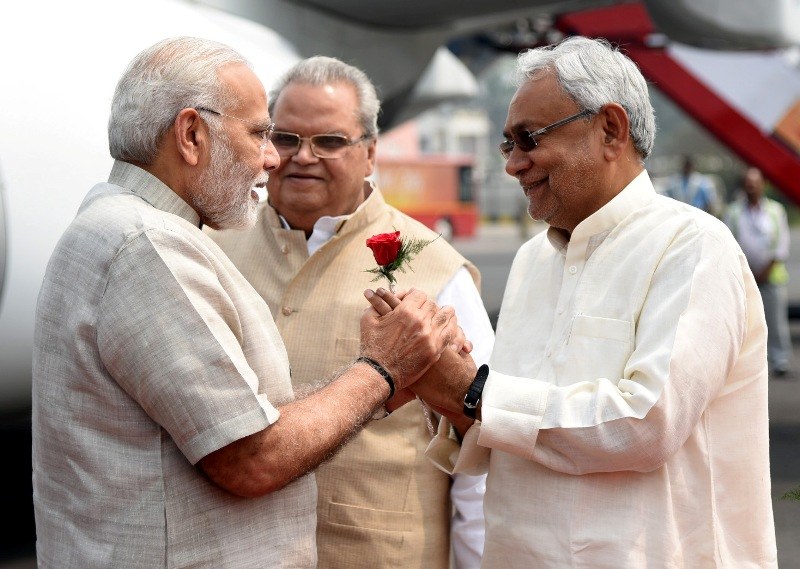 Photo courtesy: UNI
Photo courtesy: UNI
Nitish Kumar lacks significant political strength on his own. But when he aligns with others, the strength of that alliance multiplies several times. Therefore, the BJP leadership wants to look at the bigger picture and overlook the JD(U) chief’s shortcomings.
In Bihar, Nitish Kumar is a factor that is crucial for maintaining balance. Therefore, the fissures in the opposition unity in Mahagathbandhan before the 2024 Lok Sabha elections could be advantageous for the BJP.
According to political analyst Amitabh Tiwari, in the 2019 Lok Sabha elections, the BJP, along with JDU and LJP, secured a 54.40% vote share in Bihar, winning all 39 seats. JDU's vote share within NDA was 22.3%, while Mahagathbandhan's vote share was 31.40%.
However, in 2022, Nitish Kumar aligned with RJD, and JDU's 22.3% vote share joined the Mahagathbandhan.
The switch of Jitan Ram Manjhi-led Vikashil Insaan Party (VIP) resulted in a 2.40% increase in NDA's vote share, while the defection of three VIP MLAs — Raju Singh (Sahebganj), Swarna Singh (Gaura Bauram) and Mishrilal Yadav (Alinagar) to BJP resulted in a 1.70% increase in BJP's vote share.
Similarly, CPI-ML's participation in the Mahagathbandhan increased its vote share by 1.40%. As a result, the adjusted vote share for NDA became 36.20%, and for the Mahagathbandhan, it became 47.30%.
In comparison to 2019, this equation would have been detrimental to BJP’s prospects in 2024. Had the situation persisted, it would have posed a challenging scenario for BJP in terms of vote share. Therefore, the BJP believes that it will gain a decisive advantage over Mahagathbandhan in 2024 with Nitish Kumar’s 22.3% vote share in NDA.


